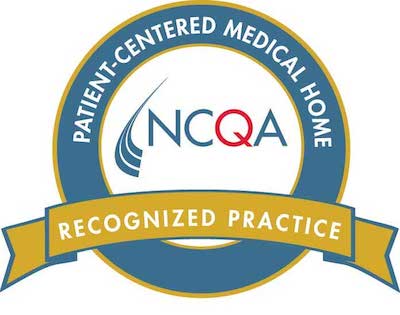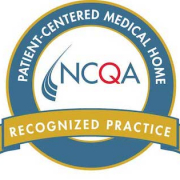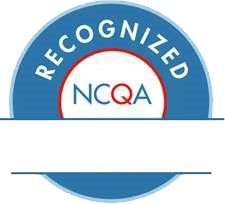
LOWELL COMMUNITY HEALTH CENTER EARNS NATIONAL RECOGNITION FOR PATIENT-CENTERED CARE
The National Committee for Quality Assurance (NCQA) announced that Lowell Community Health Center has received the highest level, Level 3, of recognition from the NCQA Patient-Centered Medical Home (PCMH) program for using evidence-based, patient-centered processes that focus on highly coordinated care and long-term relationships.
The patient-centered medical home is a model of care emphasizing care coordination and communication to transform primary care into what patients want it to be. Research shows that medical homes can lead to higher quality and lower costs, and can improve patients’ and providers’ reported experiences of care. The NCQA PCMH Recognition program identifies health care organizations that promote partnerships between individual patients and their personal medical providers, rather than treating patient care as the sum of episodic office visits. Each patient’s care is delivered by clinician-led care teams that provide all health care needs and coordinate treatment across the health care system. Medical home clinicians demonstrate the benchmarks of patient-centered care, including open scheduling, expanded hours and appropriate use of proven health information systems.
“The patient-centered medical home raises the bar in defining high-quality care by emphasizing access, health information technology, and partnerships between clinicians and patients,” said NCQA President Margaret E. O’Kane. “PCMH Recognition shows that Lowell Community Health Center has the tools, systems and resources to provide their patients with the right care at the right time.”
To receive recognition, which is valid for three years, Lowell Community Health Center demonstrated the ability to meet the program’s key elements, embodying characteristics of the medical home. Standards align with the joint principles of the patient-centered medical home established with the American College of Physicians, the American Academy of Family Physicians, the American Academy of Pediatrics and the American Osteopathic Association.
Lowell Community Health Center met key program components in the following areas:
- Written standards for patient access and continuity of care.
- Use of patient feedback materials.
- Appropriate use of charting tools to track patients and organize clinical information.
- Responsive care management techniques with an emphasis on preventive care for individual patients and for the entire patient population.
- Adaptation to patients’ cultural and linguistic needs.
- Use of information technology for prescriptions, test and referral tracking, and coordination with other health care providers.
- Use of evidence-based guidelines to treat chronic conditions.
- Measurement and reporting of clinical and service performance.





